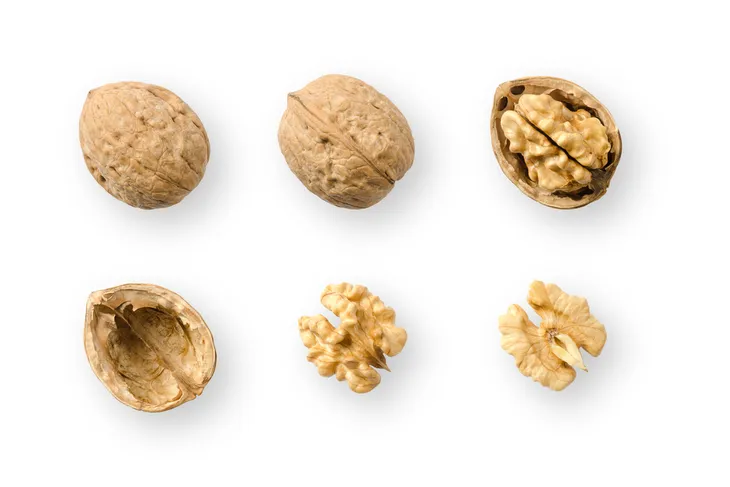Winter is in full swing which means we’re all sorely lacking in sunshine and warmth. This midpoint of winter disappointment marks the very innermost hell of hibernation, overeating, and total lack of physical activity that the winter brings.
If you live in a cold, frozen tundra (like I do), winter puts a serious drag on your normal day-to-day routine, particularly if the fairer months include eating fresh fruits and vegetables and getting exercise outside. Here are six ways to perk up your life in the peak of winter…
Seasonal Affective Disorder
Seasonal depression, or SAD, occurs with the seasons. It occurs in a cyclical cycle, meaning it occurs at relatively the same time annually. For many, SAD tends to occur in the midst of winter (i.e., I’m looking at you February).
According to National Institute of Health data, roughly 6-percent of those in northern U.S. climates suffer from SAD—while approximately 14-percent of that same population experiences milder seasonal mood changes, or winter blues. Telltale symptoms of SAD include plummeting energy, weight gain, depression, and mood swings.
Try a Light Box
If you suffer from mild or severe winter blues, it’s prime time you learned about light boxes. These contraptions expose you to light (at 10-times the degree of household lighting) to reduce the symptoms of SAD.
A light box is meant to supplement actual daylight exposure when the days are longer and darker. You can set your light box to the desired (to emit anywhere between half an hour to 2-hours of happy light). (Here are some more Lifestyle Methods to Cope with Seasonal Affective Disorder).
Get Outside
While you may supplement your normal light exposure with a light box or a vitamin D supplement—it’s still vital that you get outside as much as possible in winter. After all, vitamin D (aka: the sunshine vitamin) is most effectively absorbed via the skin.
Use this as an excuse to get out for some fresh air and sunlight. Go for a winter hike, ice-skating, snow shoeing, or make a rambunctious round of snow angels with a buddy. Daily aerobic exercise won’t only help you stay fit and energetic during winter—it will also lift your mental spirits (thanks to happy endorphins) as well.
Stick to a Schedule
When it comes to work, sleep, exercise, and eating one thing is very important: doing these things on schedule. So do your best in winter to resist the urge to stay up too late or sleep in too long. The same goes for eating too much and eating healthy, balanced meals throughout the day.
Establishing and sticking to a regular schedule when it comes to sleep, physical activity, and eating will ensure your circadian rhythms stay balanced. Circadian rhythms are essentially your body’s internal clock. These 24-hour rhythms respond primarily to light and darkness (which is why regular sleep is essential) and affect you physically, mentally, and behaviorally.
Eat for Better Hormone Balance
In addition to your circadian rhythms, the hormone melatonin greatly impacts your need to sleep and hibernate during winter. It also affects your sleeping-waking schedule, your mood, your energy levels, and the risk of seasonal affective disorder.
Your body emits greater amounts of melatonin during the dark, cold months of winter, which explains your need to bundle up on the couch and not emerge until spring. According to research from the University of Texas, certain foods (i.e., almonds, walnuts, and lettuce) naturally promote sleep.
Walk and Greet the Morning
We already know that morning exercise can help boost your energy levels, mood, and metabolism for the day ahead. That’s why, even if you can’t get out for a run every day mid-winter—a morning walk will do the trick! (Here are some Exercise Tips for a Cold Winter).
Lace up those snow boots for a hearty hour walk to greet the sun. Not only will the early morning rays help blast SAD symptoms (it really doesn’t matter if the sun is out or not). Remember, if you feel the effects of SAD, it will take roughly 3 days of sun exposure outside to reverse those winter blues.









